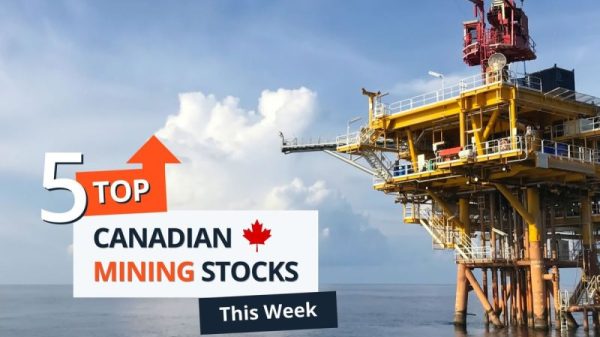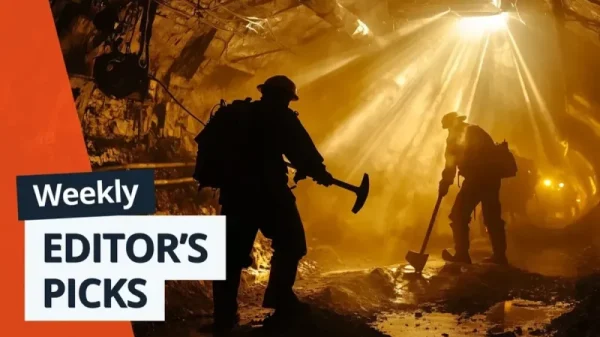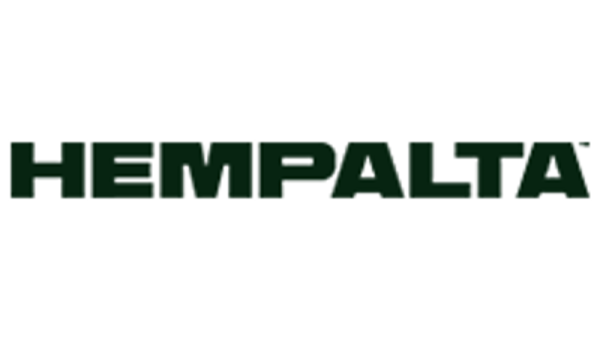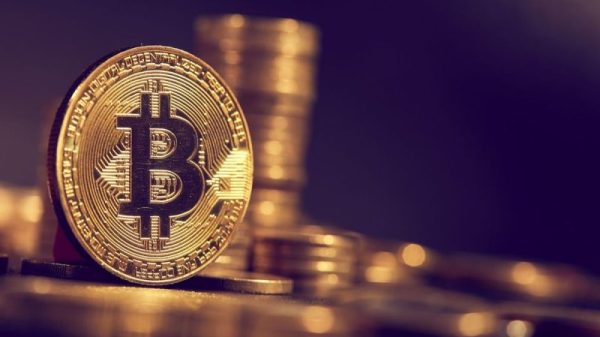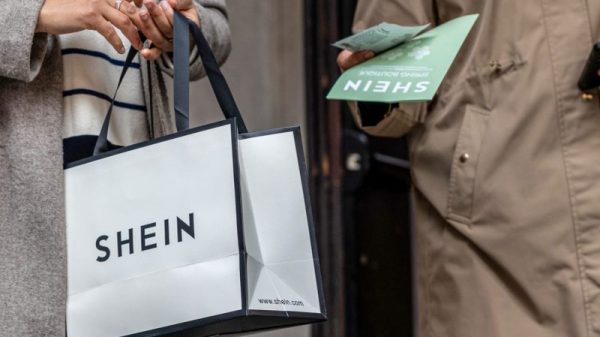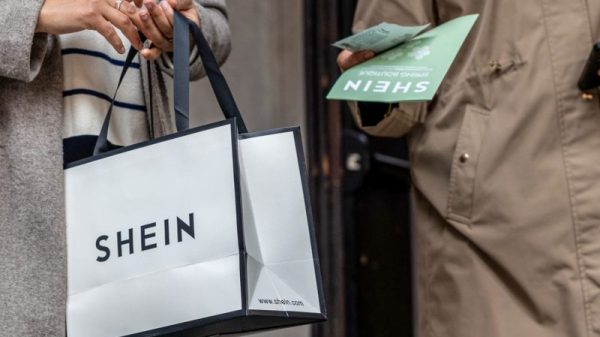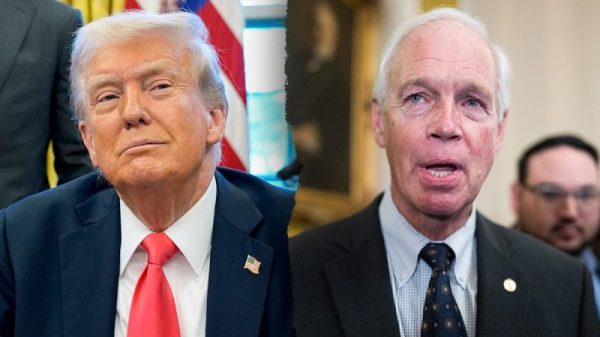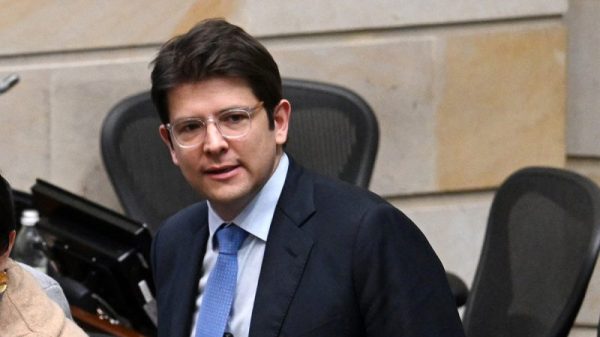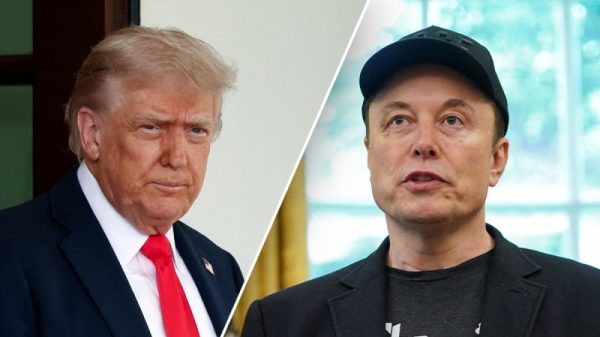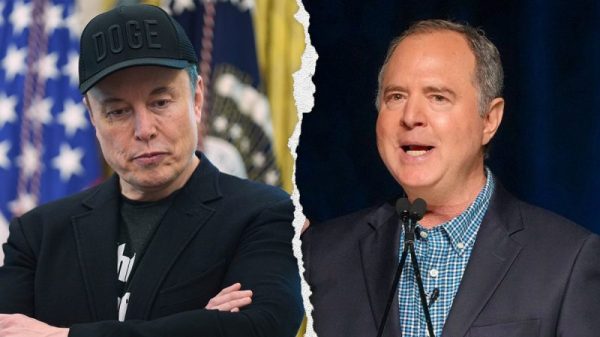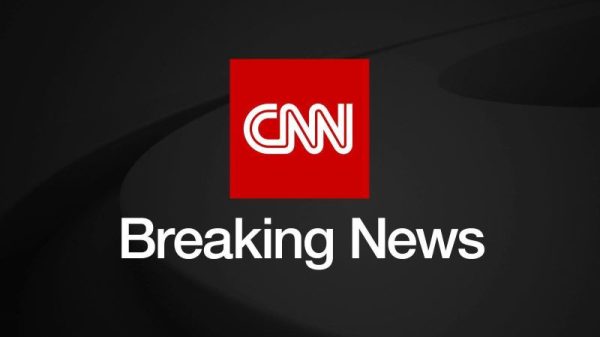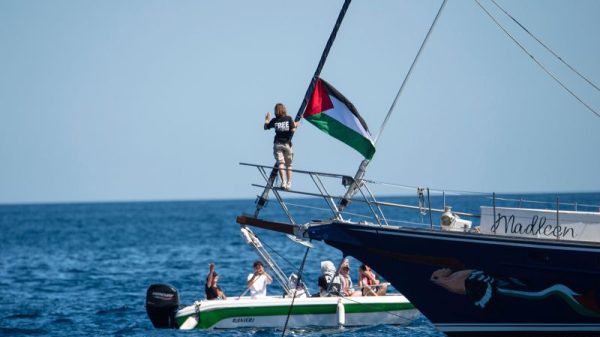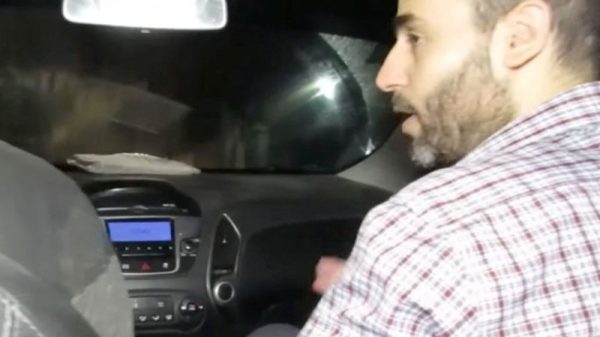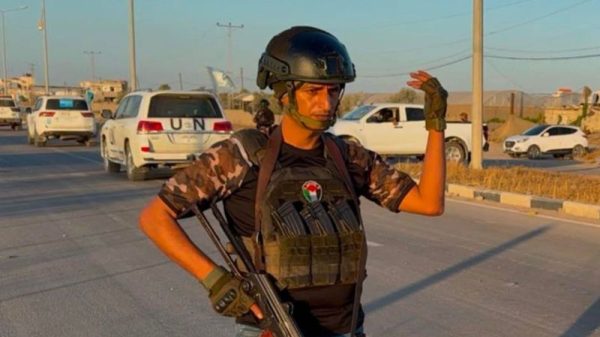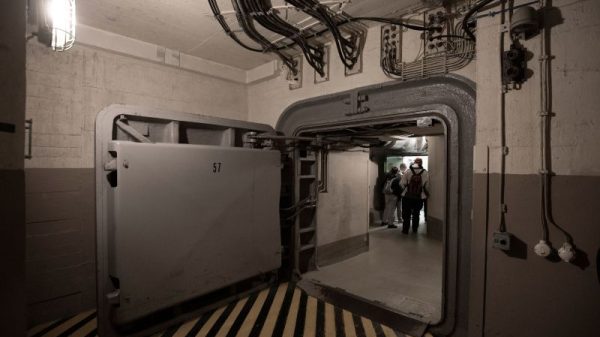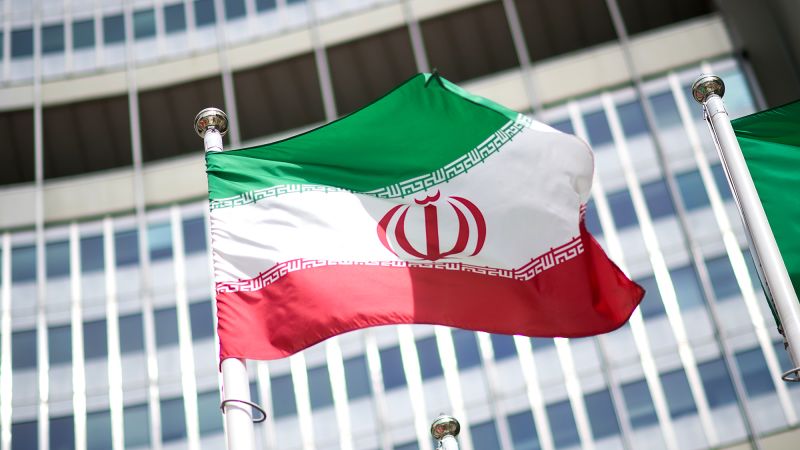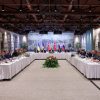Iran has defied international demands to rein in its nuclear program and has increased its stockpile of uranium enriched to near weapons-grade levels, according to a confidential report by the United Nations’ nuclear watchdog seen Tuesday by The Associated Press.
The report by the International Atomic Energy Agency said that as of Oct. 26, Iran has 182.3 kilograms (401.9 pounds) of uranium enriched up to 60%, an increase of 17.6 kilograms (38.8 pounds) since the last report in August.
Uranium enriched at 60% purity is just a short, technical step away from weapons-grade levels of 90%.
The IAEA also estimated in its quarterly report that as of Oct. 26, Iran’s overall stockpile of enriched uranium stands at 6,604.4 kilograms (14,560 pounds), an increase of 852.6 kilograms (1,879.6 pounds) since August. Under the IAEA’s definition, around 42 kilograms (92.5 pounds) of uranium enriched to 60% purity is the amount at which creating one atomic weapon is theoretically possible — if the material is enriched further, to 90%.
The reports come at a critical time as Israel and Iran have traded missile attacks in recent months after more than a year of war in Gaza, which is governed by Hamas, a group supported by Iran.
Adding to the complexity, Donald Trump’s reelection raises questions about whether and how the incoming administration and Iran may engage.
Trump’s first term in office was marked by a particularly troubled period, when he pursued a policy of “maximum pressure” against Tehran. He unilaterally withdrew America from Iran’s nuclear deal with world powers, leading to the sanctions hobbling the economy, and ordered the killing of the country’s top general.
Western diplomats consider censuring Iran
Iran last week offered not to expand its stockpile of uranium enriched up to 60%, during a visit to Tehran by the IAEA chief, Rafael Mariano Grossi.
The IAEA said during the meetings, “the possibility of Iran not further expanding its stockpile of uranium enriched up to 60% U-235 was discussed, including technical verification measures necessary for the Agency to confirm this, if implemented.”
The report said that one day after Grossi left Iran, on Nov. 16, IAEA inspectors verified that “Iran had begun implementation of preparatory measures aimed at stopping the increase of its stockpile of uranium enriched up to 60 % U-235” at its underground nuclear sites in Fordow and Natanz.
The reports come ahead of this week’s regular IAEA Board of Governors meeting in Vienna. Western countries have been considering a resolution censuring Iran for its failure to improve cooperation with the agency.
A senior diplomat, who spoke on the condition of anonymity because of the sensitivity of the issue, said it is possible that the commitments made by Iran during the IAEA’s chief visit may not stand in case a resolution is passed. In the past, Iran has responded to resolutions by the IAEA Board of Governors by further enhancing its nuclear program.
Iran has maintained its nuclear program is for peaceful purposes only, but Grossi has previously warned that Tehran has enough uranium enriched to near-weapons-grade levels to make “several” nuclear bombs if it chose to do so. He has acknowledged the U.N. agency cannot guarantee that none of Iran’s centrifuges may have been peeled away for clandestine enrichment.
Little progress on improving ties
The IAEA also reported that Iran has failed to take concrete steps as of now to improve cooperation, despite pleas by Grossi, who held talks last week with Mohammad Eslami of the Atomic Energy Organization of Iran, Iranian Foreign Minister Abbas Araghchi and Iran’s reformist President Masoud Pezeshkian.
However, Tuesday’s confidential report also said that during Grossi’s visit to Iran on Nov. 14, “Iran agreed to respond to the Agency’s concerns related to Iran’s withdrawal of the designation of several experienced Agency inspectors by considering the acceptance of the designation of four additional experienced inspectors.”
In September 2023, Iran barred some of the Vienna-based agency’s most experienced inspectors.
The report also said there was no progress thus far in reinstalling more monitoring equipment, including cameras, removed in June 2022. Since then, the only recorded data comes from IAEA cameras installed at a centrifuge workshop in Isfahan in May 2023 — although Iran has not provided the IAEA with access to this data and inspectors have not been able to service the cameras.
Last week, Eslami warned that Iran could retaliate if challenged at the upcoming IAEA board meeting. Grossi acknowledged some nations were considering taking action against Iran.
In an effort to ensure Iran could not develop atomic weapons, world powers struck a deal with Tehran in 2015 under which it agreed to limit enrichment of uranium to levels necessary for nuclear power in exchange for the lifting of economic sanctions. UN inspectors were tasked with monitoring the program.
Under the original 2015 nuclear deal, Iran was allowed to enrich uranium only up to 3.67% purity, can maintain a stockpile of uranium of 300 kilograms and is permitted to use only very basic IR-1 centrifuges, machines that spin uranium gas at high speed for enrichment purposes.
A year after the U.S. withdrawal from the deal under Donald Trump, Iran started to gradually abandon all limits the deal put on its program and began enriching uranium to up to 60% purity.

